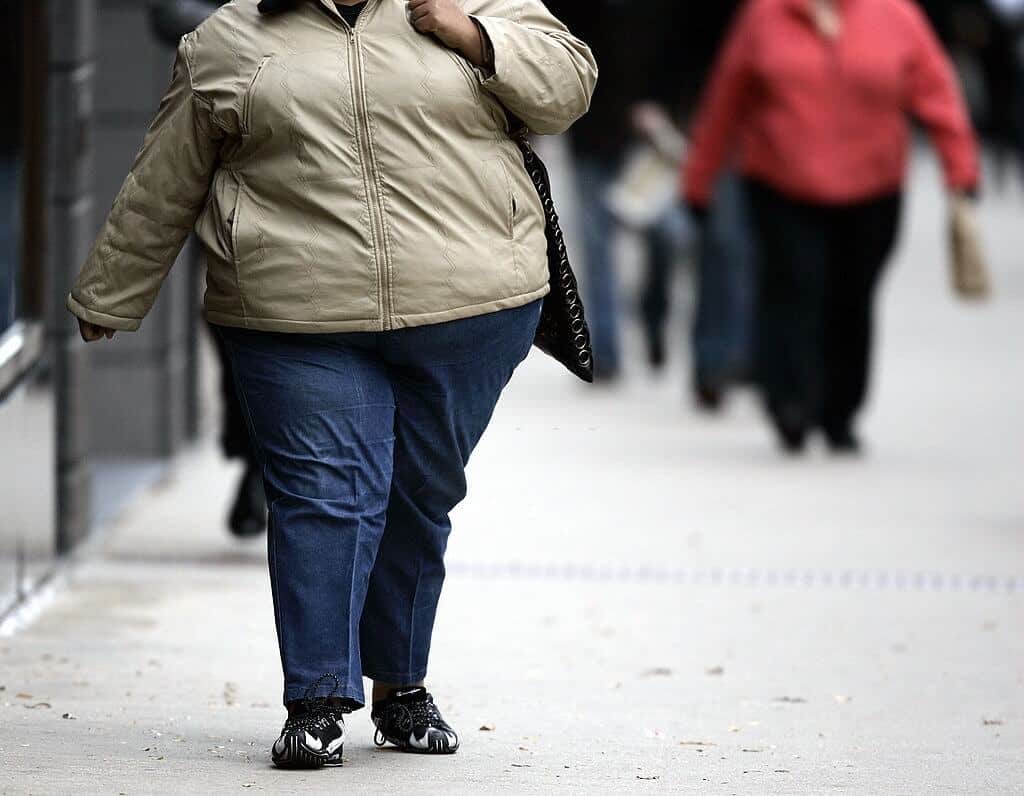Compared To Men, Women Feel More Stigma From Fat
Nikki Attkisson | Last Updated : November 12, 2021Nobody wants belly fat. A new study has found that women are much harder on themselves about extra weight around their middle than men are. This is true regardless of how much they weigh. New research suggests that women are more likely to gain weight in this area, the more they beat themselves up about it.
Compared To Men, Women Feel More Stigma From Fat
Compared to other types of fat, visceral fat wraps around the organs situated in the abdomen are much more dangerous. Rebecca Puhl said that growing evidence is being contributed to by this study which demonstrates that health can be harmed if one blames oneself for weight gain and self-stigma is engaged in. Rebecca is the deputy director at the Rudd Center at the University of Connecticut.

Given how societal ideals of female beauty emphasize thinness, this is not surprising, according to Rebecca. She said that as we see so frequently on social media, women who do not have bodies that conform to this unrealistic ideal are often subjected to stigma and shame.
The stigma is turned inward as they feel like they are at fault. Women, as a result, as a way to cope with stress and other negative emotions, are more likely to use food.
Natalie Keirns led the researchers. She is a doctoral candidate in clinical psychology at Oklahoma State University.
She set out to comprehend how belly fat in men and women is affected by self-stigma.
A questionnaire that rates self-stigma about weight on a scale of 1 to 7, that is ascending was answered by 70 men and women.
Scans to measure visceral and total body fat were also used by researchers for all participants.
On this scale, compared to 2.7 among men, women scored 3.5 on average on this scale.
There was an average increase of 0.14 pounds of visceral fat for every 1-point rise in the score for women. Contrastingly, there was no correlation between visceral fat and the score for men.
The stress hormone cortisol is churned out by weight stigma which is a chronic stressor. The researchers concluded that this leads to the accumulation of more visceral fat and increases the risk for heart disease.
Rebecca said that the ultimate goal is to eliminate weight stigma. She added that educating the public about the complex causes of obesity, shifting societal attitudes about weight, treating weight discrimination as a legitimate injustice, challenging harmful ideals of thinness, implementing policies to prohibit the unfair treatment of people due to their weight is required.
She said that it is important to provide more support for people who are experiencing weight stigma until all these changes happen.
She concluded that it is key to remove personal blame and change the existing narrative in our society that continues to ignore the complex causes of body weight regulation.
Dr. Chiadi Ericson Ndumele agreed with this. He is an American Heart Association volunteer expert. He noted that doctors are often avoided as weight bias may be internalized. He said that women may feel like they are being judged by health care professionals and as a result, avoid medical care.
He added that weight cannot be addressed in the most constructive ways if weight stigma gets in the way of our ability. He also said that people are more likely to adopt a healthy lifestyle if they understand the complexity around obesity and feel less stigma.
He said that a lack of willpower or laziness does not cause obesity. Instead, a complex relationship between your genes, your hormones, your environment and your choices determine it
With over 15 years as a practicing journalist, Nikki Attkisson found herself at Powdersville Post now after working at several other publications. She is an award-winning journalist with an entrepreneurial spirit and worked as a journalist covering technology, innovation, environmental issues, politics, health etc. Nikki Attkisson has also worked on product development, content strategy, and editorial management for numerous media companies. She began her career at local news stations and worked as a reporter in national newspapers.
